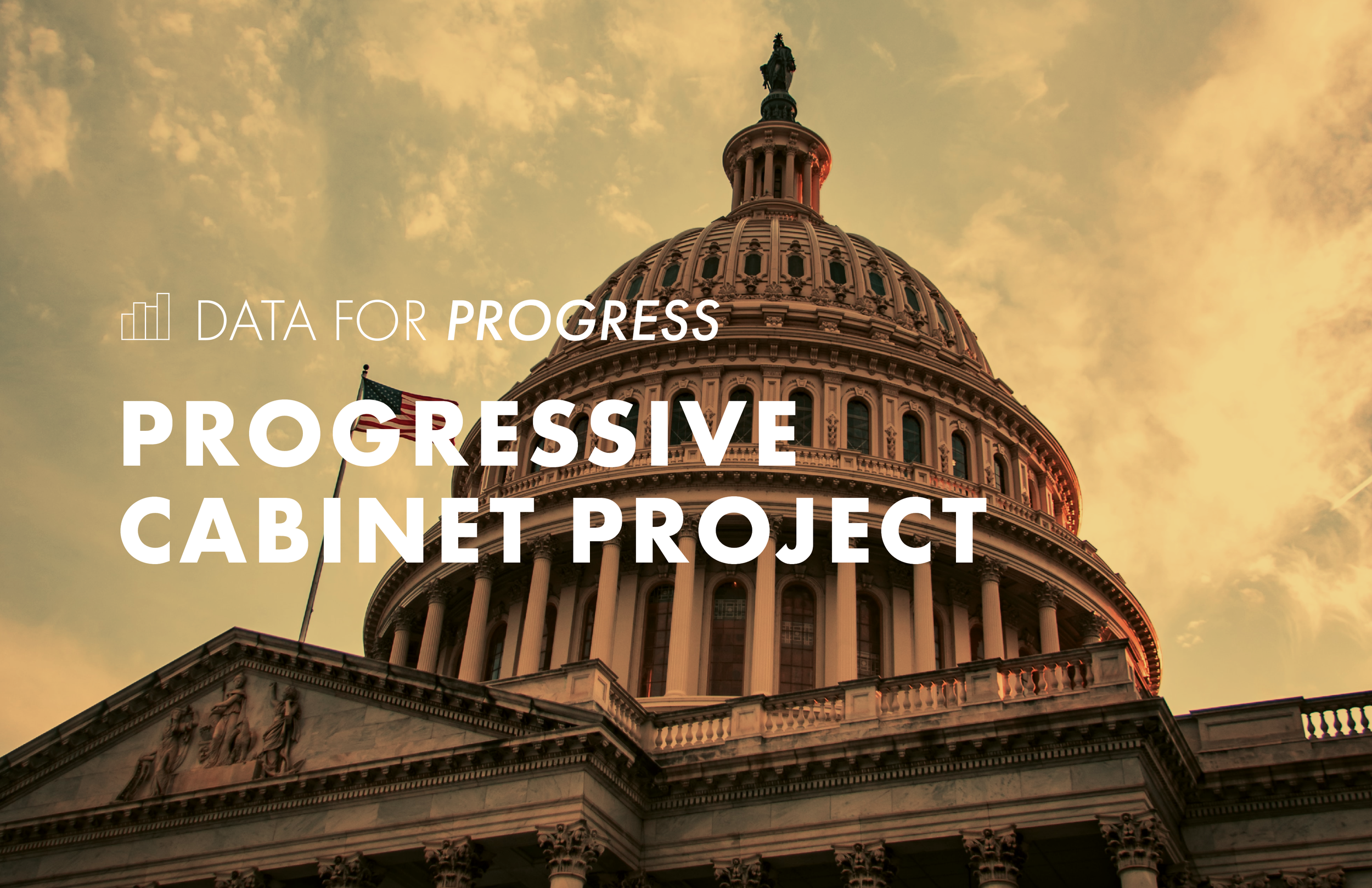Memo: The Google Antitrust Suit and the Forward March of Anti-Monopoly Policy
By Aidan Smith
Antitrust has long been treated as a wonkish field outside the political mainstream, the last few years have seen a revival in widespread interest in antitrust policy. The rise of the consumer internet in the 21st Century and the emergence of “Big Tech” (Amazon, Apple, Google, Facebook, and Microsoft) as a premier industrial force have raised concerns about potential abuses of market power by the five companies.
In 2019, the Federal Trade Commission (FTC) and the Department of Justice (DOJ) launched an inquiry to determine if the five firms were engaging in anti-competitive behavior, with the former reportedly focusing on investigating Facebook and Amazon and the latter focusing on investigating Apple and Google. The FTC had previously investigated Google from 2011 to 2013, and despite the urging of career staff to sanction the company, no charges were brought. In 2020, the Department of Justice filed suit against Google, a historic decision with the potential to be the most important antitrust case in modern history, and dozens of state Attorneys General followed suit by filing their own lawsuits against the tech behemoth.
Google’s anti-competitive practices, which hinder innovation in the search engine market and the technology industry more broadly, are well-established. This report will document the harm to consumers brought upon by Google’s monopolistic business practices. Additionally, the report will detail the shift seen in public opinion polling on antitrust, with particular attention given to the fact that the suit against Google commands broad popular support not seen in some earlier antitrust claims.
The outcome of United States v. Google Inc. has the potential to set a precedent for future antitrust suits against corporate giants abusing their market power, both in the technology industry and beyond.





